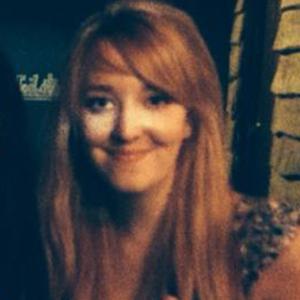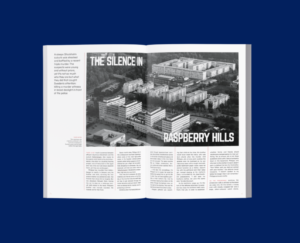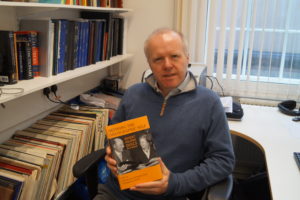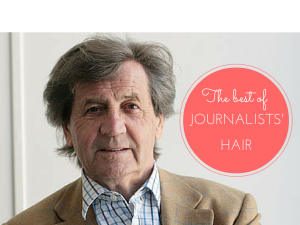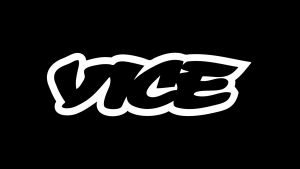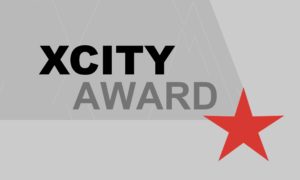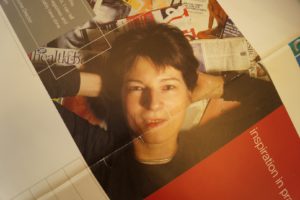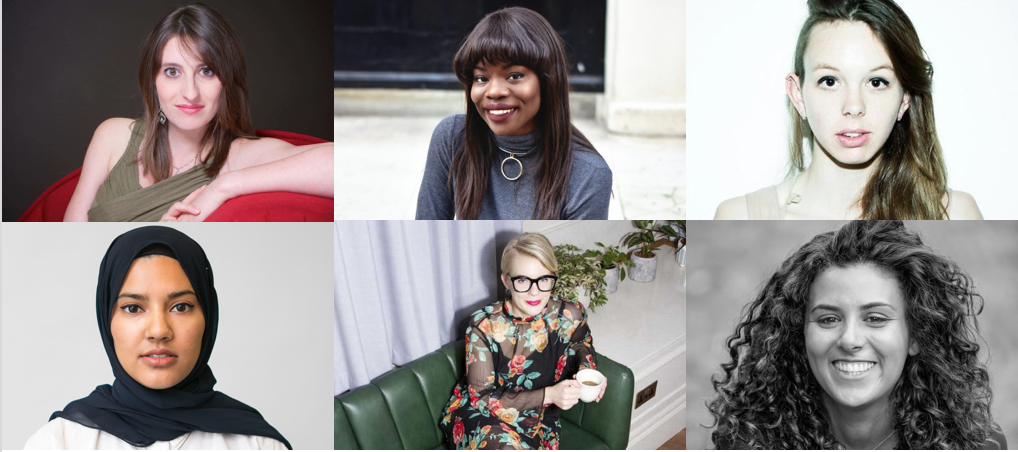
It’s no secret that journalism lacks diversity, a survey by City in 2016 revealed that the industry was 94% white, 86% university-educated, and 55% male. But these 10 women are shaking things up, hopefully representing the beginnings of a much needed change in the industry.
Charlie Brinkhurst-Cuff, 24, I newspaper, @CharlieBCuff
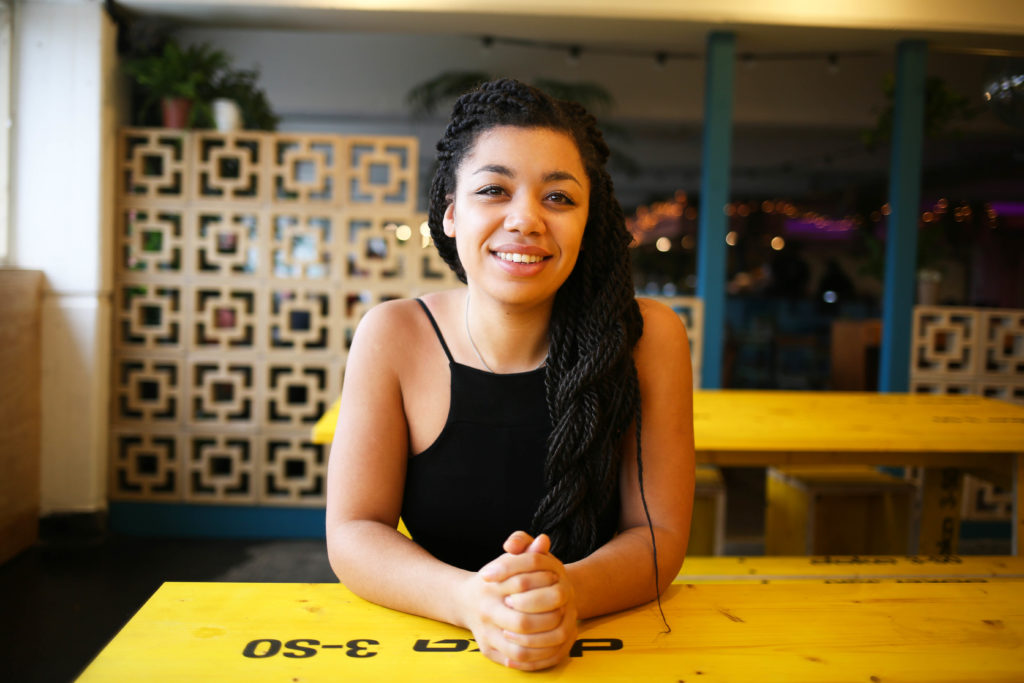
Having graduated from the MA Newspaper course in 2016, Brinkhurst-Cuff is currently a deputy editor for gal-dem, as well as a weekend editor for Dazed. She has her own column with i newspaper and freelances for The Guardian and VICE, writing about women of colour, race and feminism. Brinkhurst-Cuff won the 2017 Georgina Henry Award for Innovation in Journalism.
Reflecting on her success, she says: “I’m proud that I have been able to carve out space for myself in an industry that at one stage felt so hostile and unwelcoming to someone from a working-class minority background.”
Brinkhurst-Cuff recommends that young journalists should try to remember that “staying ethical and helping others, rather than centring your own achievements, is far more satisfying in the long-run; social climbing, meanwhile, will feel never-ending”.
Georgina Lawton, 25, The Guardian, @GeorginaLawton
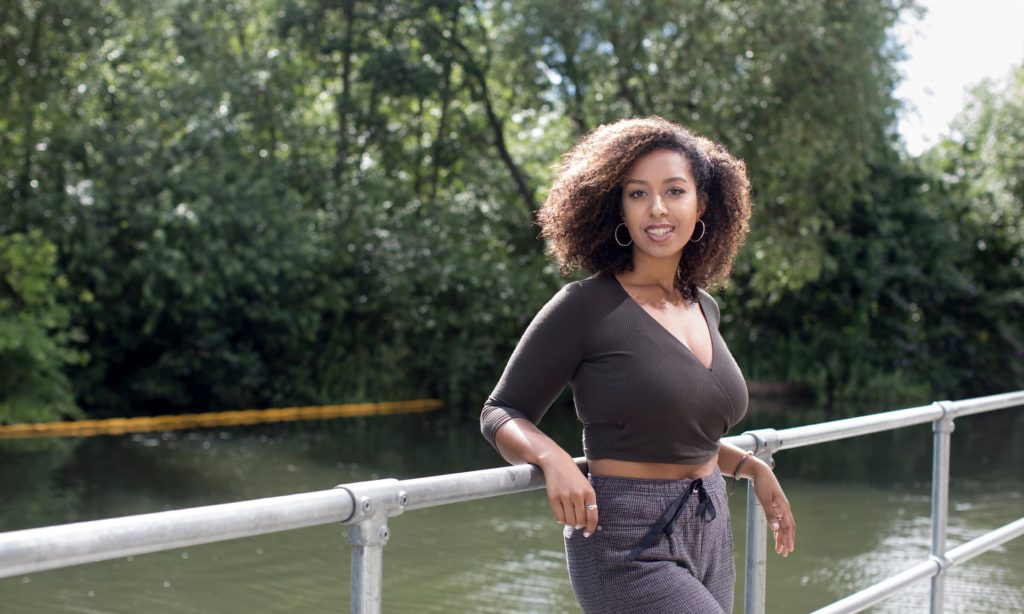
Lawton kick-started her career in 2014, when she won the Bauer Search for Editor at Large award.
She was offered her current job as a Guardian columnist after she pitched an idea to them about race and identity, but also still writes for The Debrief, runs her own blog called Girl Unfurled, and is an editor of the website GoThinkBig.
Lawton advises young journalists to: “Embrace what makes you different and allow that to come through in your writing, and in doing so, hopefully that will make you a stronger writer and a better advocate for the other people you’re trying to represent in your work. Keep persevering because there’s going to be a lot of knockbacks as a woman.”
She is working on both a documentary and debut non-fiction book about race and identity.
Jem Collins, 26, Journo Resources, @Jem_Collins
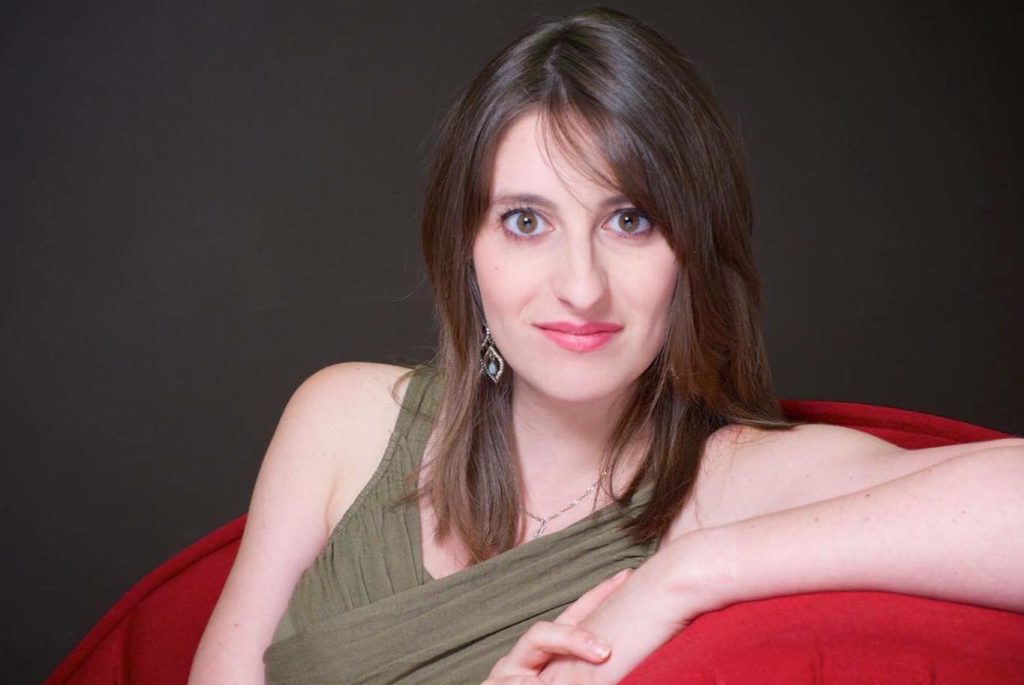
In 2016, Collins founded Journo Resources – a non-profit company that collects a variety of resources to help people get into journalism, aiming to improve inclusivity and diversity in the media, and she still works there as editor-in-chief.
Alongside this, she is the news and social editor of the charity RightsInfo, which builds knowledge and support for human rights in the UK, a trustee at SPA Journalism – the UK’s largest student media association – and co-founder of The Second Source, a group of women journalists working to end sexual harassment in the media.
Her impressive list of roles doesn’t stop her from freelancing, and she conducted an original investigation into period poverty, which was featured in The Independent in September 2017.
“Journalism can be tough at times,” Collins says, “but if you know your worth and surround yourself with some good, supportive people, then you will make it.”
Iman Amrani, 27, The Guardian, @ImaniAmrani
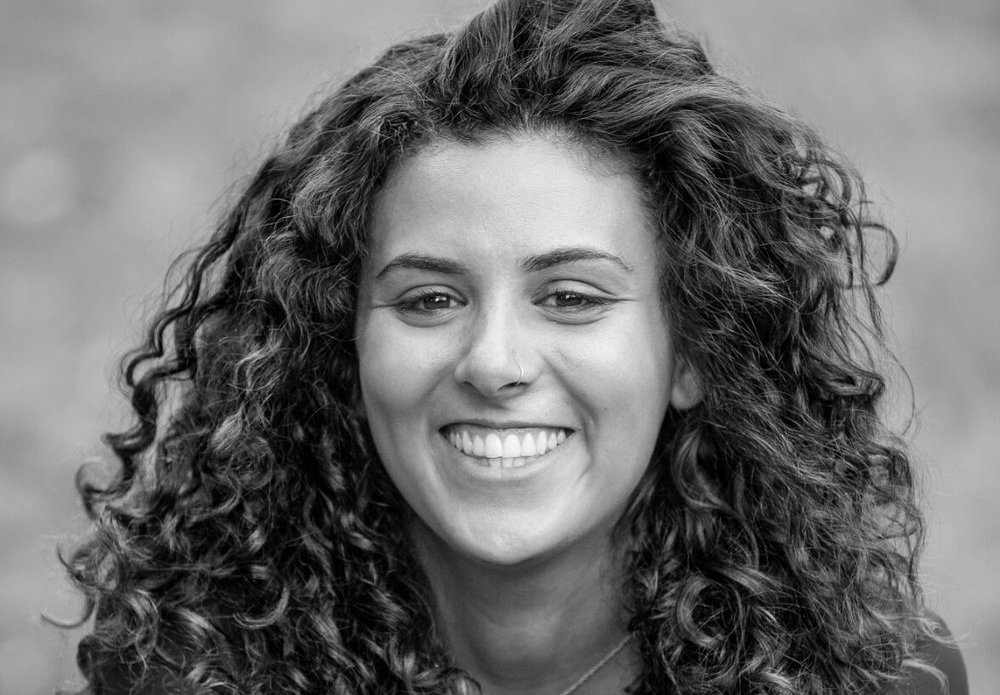
Currently working as a video journalist for The Guardian, Amrani was involved in the Guardian global media campaign to end FGM and travelled to Kenya and Gambia with a team of four others to give media training to young activists – a project that won the 2015 British Media award for Campaign of the Year.
She also won an award from the Association of International Broadcasters for her report from Molenbeek, following the Brussels attacks in 2016, and won the SEJ Award for Outstanding In-Depth Reporting last year, co-producing a feature on paramilitary connections with British Petroleum, as part of The Guardian’s Keep It in the Ground Campaign.
Last year, Amrani conducted an interview with grime artist AJ Tracey about issues surrounding Grenfell.
She assures young journalists that, even though “the industry is in flux right now, it’s actually an opportunity to make your own rules and do things your own way”.
Fiona Rutherford, 25, TicToc by Bloomberg, @Fi_Rutherford
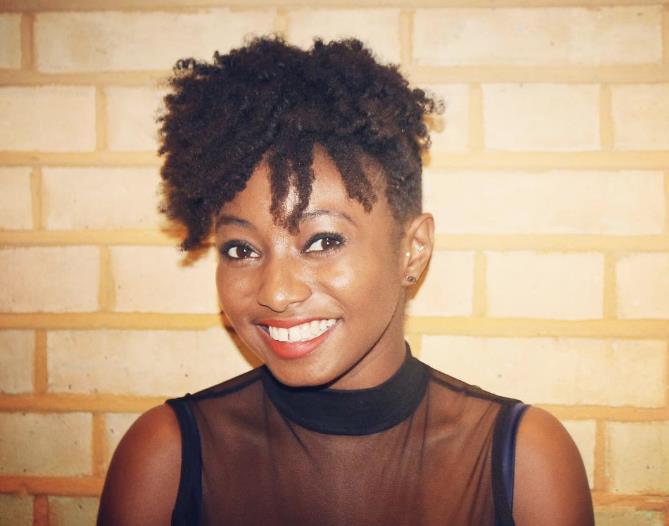
Rutherford’s outstanding and interrogative reporting on the 2017 Grenfell tragedy has been nominated for the British Journalism Award, the Diversity in Media Award, and the George Orwell Prize.
She has previously worked for BuzzFeed News, where she was part of the success of the viral videos from BuzzFeed UK’s Black History Month. She previously worked at the Financial Times and New Statesman, and recently joined Bloomberg as a social news desk editor.
Reflecting on her experience, she says: “The industry can be tough, and the lack of diversity in newsrooms is no secret, but don’t let it put you off because we need more brave and curious journalists in the world. My advice for young women journalists is to surround yourself with people in the industry you trust. Always try to adapt, grow, and be creative in the way you tell stories that the world needs to hear.”
Aisha Gani, 28, Freelance, @aishagani
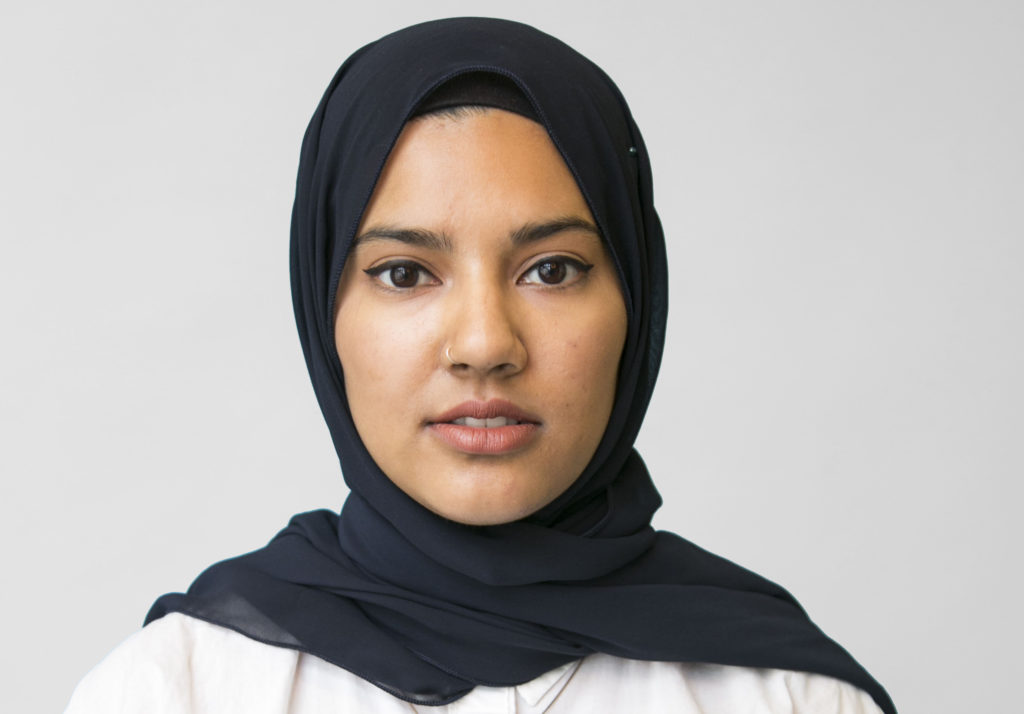
Gani was on the MA Political Journalism course and graduated in 2012. Having previously worked at The Guardian and BuzzFeed News, she has now become one of the most notable Muslim voices in mainstream outlets, writing mainly about politics. Last year, she won the MHP Young Journalist: 30 to Watch Award.
She recommends that journalists: “Take a risk and do the reporting you need to do. It’s also important to take time to reflect on where your career is going, challenge yourself, be brazen, and renew your sense of adventure.”
A significant moment for Gani was when she visited Bangladesh for the first time in 2011. She says: “I felt strongly as a British-Bangladeshi Muslim woman that I had to tell the stories I saw and heard in an accessible way, and realised how much I was driven by human interest stories.”
Emma Gannon, 28, Author and Broadcaster, @emmagannon
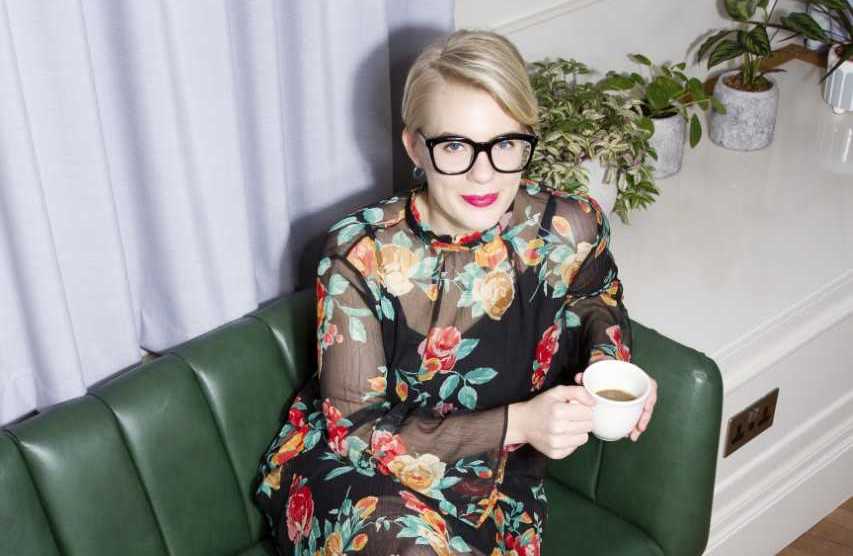
In January, Gannon was announced as one of Forbes 30 under 30 in Europe in media and marketing, a group of 30 media professionals under the age of 30 who are “defining and driving the world of news and content”.
A former social media editor for British Glamour, Gannon now has her own podcast ‘CTRL ALT DELETE’, which has reached over one million downloads and reflects on work, social media and careers.
She advises: “Keep on teaching yourself new skills regularly, even if it’s something seemingly small. Give yourself permission to dive in without needing someone else’s nod of approval.”
She has delivered a TEDx talk about online identity, as well as speaking at many other institutions. Her new book, The Multi-Hyphen Method, is about learning to manage all of your skills in the digital age; it is set to come out in May to join her 2016 book Ctrl, Alt; Delete: How I Grew Up Online, which inspired her podcast.
Gannon has featured on Sky News, BBC Radio 4 and written for over 15 publications.
Victoria Sanusi, 24, Buzzfeed UK, @victoriasanusi
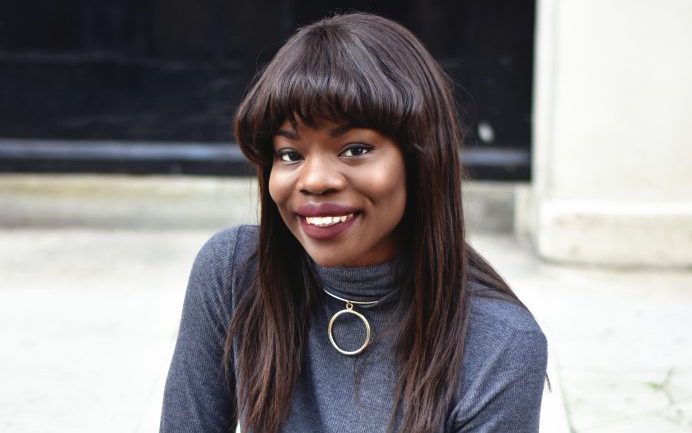
Sanusi’s current position as news reporter for Buzzfeed is her first journalism job, and in 2017, she led Buzzfeed UK’s most successful Black History Month, producing over five million views from original content.
She says: “I’m so pleased that I am able to tell stories about black Britons, internet culture and shine a light on mental health issues. I’m always deeply moved when I receive an email from a reader – it puts all of what I do into perspective, and shows that my work has a wide reach. Never underestimate how powerful it is to have a voice.”
Before she joined Buzzfeed, she co-founded SYT (Strong Young Thing) – a magazine that promotes women of “all shades, sizes and lifestyles”.
Despite being a difficult industry to break into, Sanusi encourages young journalists to “use every opportunity you can to get published, whether that be the student media or writing your own blog. It will definitely pay off in the end”.
Holly Baxter, 29, The Independent, @h0llyb4xter
Baxter is a co-founder and editor of vagendamagazine.com, an online space that rejects demeaning issues and conversations about women in the media. The website received 60,000 views within 24 hours of being launched.
She is co-author of The Vagenda: A Zero Tolerance Guide to the Media, which “asks real women everywhere to demand a media that reflects who we actually are”.
Baxter has given a TEDx talk on the issue, discussing how women’s magazines can be hypocritical in the positive messages they preach compared to the more negative images they project.
She is a regular contributor to the New Statesman, The Guardian, and is acting comment editor at The Independent. She is also working on a novel.
She advises female journalists to “make as many female friends as you can in the industry and don’t be afraid to ask more senior women to have a coffee with you and give you advice. Get in the habit of talking about your work proudly, even if you’re not naturally that way inclined”.
Morgan Meaker, 27, Freelance, @MORGANMEAKER
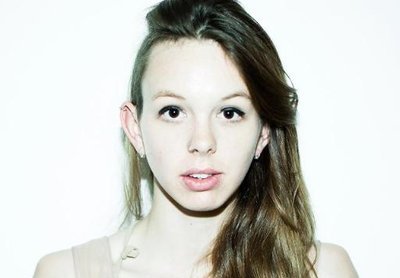
Meaker is another woman who has featured in the Forbes 30 under 30 in Europe in media and marketing. She graduated from the City MA International Journalism course in 2015,
She specialises in human rights and foreign affairs, reporting on ethnic, sexual and religious minority groups in Europe, the Middle East and North Africa. Alongside this, Meaker hosts journalism workshops in south London schools to help diversify the media industry.
Her work has been published in a number of places, including the BBC, The Guardian, Politico, and Al Jazeera English.

